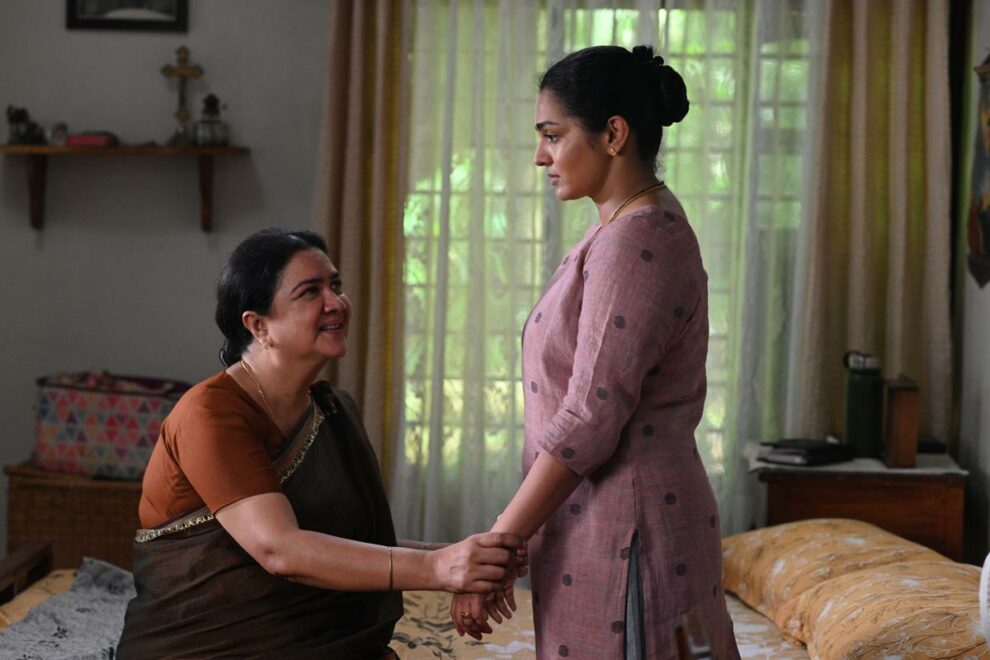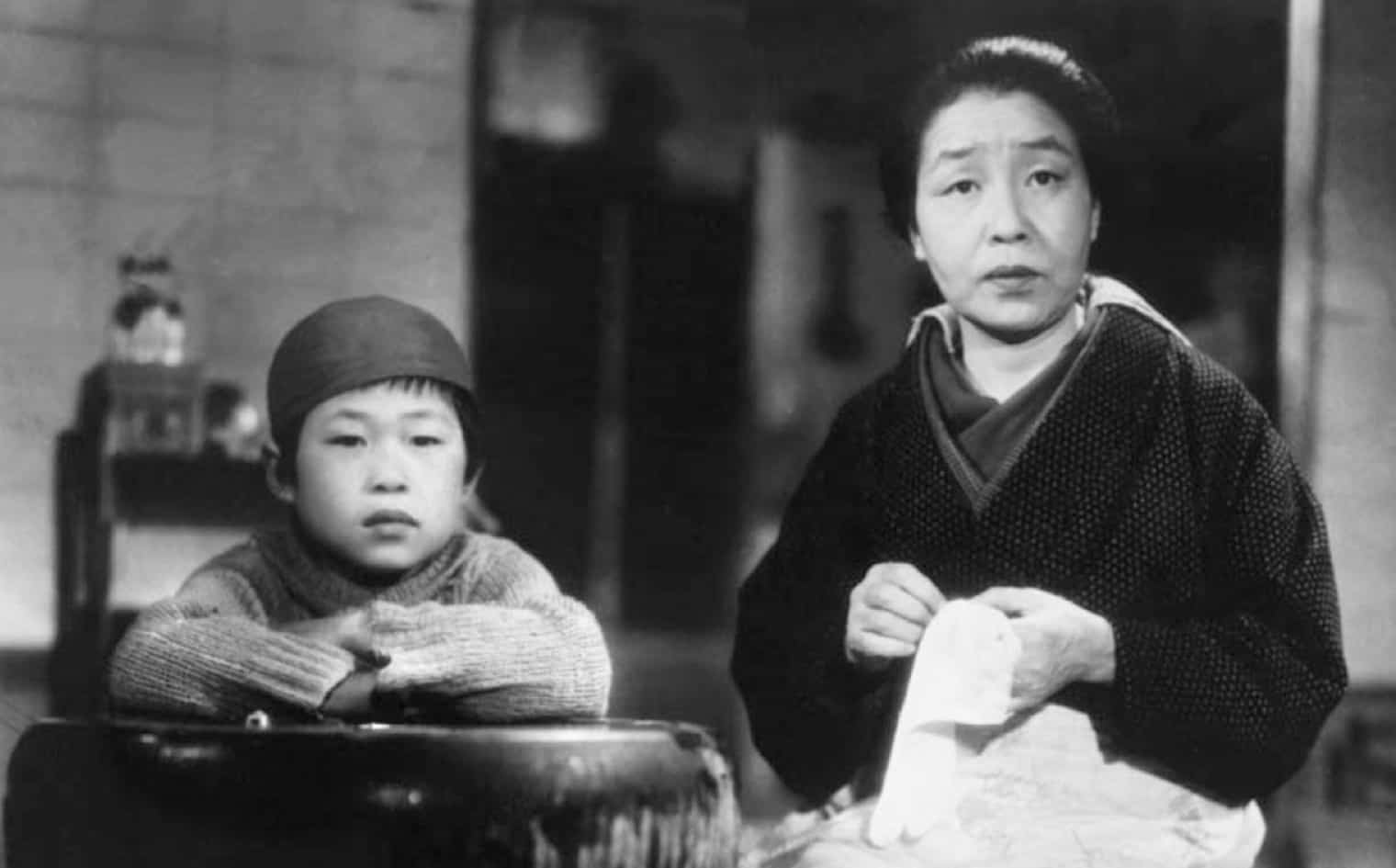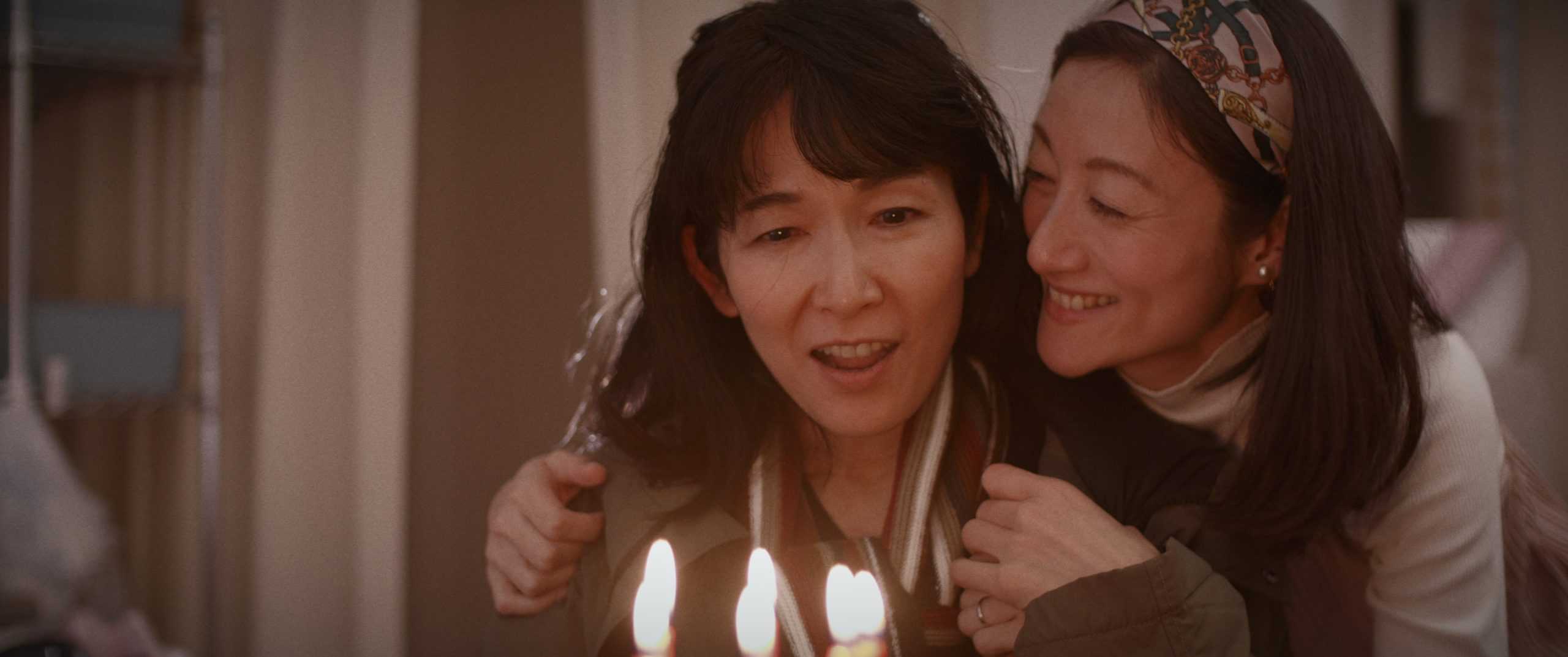Patriarchy in Indian society is deeply rooted, with the consequences for women being evident throughout. At the same time, the issue has been the source of a number of movies, particularly during the latest years, with titles like “Biriyaani” being one of the first that comes to mind. Christo Tony also attempts his hand at the concept, through an approach, though, that brings two women in direct clash.
Undercurrent is screening at Indian Film Festival Los Angeles

Anju is a young woman who was forcibly made to give up on her relationship with the Hindu Rajeev, instead marrying Christian Thomaskutty, in a concept that has left her bitter but still devout to the ‘rules”. As such, she lives in her husband's house and has to follow the orders of her mother-in-law, Leelamma, and her husband. Unfortunately, quite soon after the wedding, Thomaskutty suffers from an ailment that leaves him essentially bedridden without being able to service himself. The burden on Anju becomes even worse, which leads her into retaining her relationship with Rajeev, occasionally meeting and sleeping with him.
Leelamma, however, is in no better position, since her husband has died and her bedridden son could die any moment, despite the fact that she stays positive. At the same time, she is always kind and seems to love her daughter-in-law. When Thomaskutty's condition deteriorates and she finds out that Anju is pregnant, she dedicates all her life in taking care of her and the upcoming baby. Anju, however, has other ideas.
If you like Undercurrent, check also this video
Christo Tomy does a very interesting thing here, by having two women who are essentially both victims of patriarchy and ‘perpetrators' themselves, clashing, in a way that is also dictated by mutual respect, never moving into intensely melodramatic territory. The why they are both victims becomes apparent when Leelamma narrates her life story, with her even facing the fear of being completely alone in case her son dies. As such, she sees Anju's pregnancy as a God-given gift that will essentially force them both to stay with her, practically until she dies. To intensify this path, she even promises to her daughter-in-law to leave her the house. The reason she is also the perpetrator is revealed later on in the story, in one of the best aspects of the movie.
Anju, evidently, was forced into a wedding she did not want, not having a choice in essence, while the way her family functioned is also revealed later as no one would expect. That her life is essentially an imprisonment highlights her torture, which becomes even worse with the way her mother-in-law expects her to say with her forever, later on. That she is forced to stay with a husband who is bedridden as long as he lies, adds to her neverending ‘torture' cementing the blights of her life. On the other hand, though, she does retain an extramarital relationship, with a man who seems to love her intensely, despite the fact that he feels betrayed.
This balance between the two women, with Tomy placing her both in grayish areas, although their victim hypostasis is definitely prevalent, is one of the best assets of the movie. It also benefits the most by the acting, with Parvathy Thiruvothu as Anju and Urvashi as Leelamma giving powerhouse performances, in a film that is utterly dependent on them, considering that much of it unfolds as a two-person stage play inside the family house. Arjun Radhakrishnan as Rajeev is also quite good, actually exhibiting the same duality with his co-protagonists, equally convincingly.
The presentation of the setting is impressive, with the floods and the way they force the family to stay stranded and swamped, not being able to progress with their lives, being rather intelligently implemented in the narrative. Shehnad Jalal captures it in the best fashion, as much as the interior of the house, which is framed as a rather suffocating space. Some panoramic views throughout the movie also work well, highlighting the beauties of Kuttanad.
Kiran Das's editing implements a relatively slow pace that does result, however, in some lagging throughout the movie, which would definitely benefit from some trimming in terms of duration. In the same fashion, the significance of the Christian religion in the proceedings could also have been handled better. Furthermore, the ending, and particularly the way Rajeev changes is not that convincing, forcibly moving the story into a somewhat unrealistic, ‘girl-power' territory.
Apart from these issues, though, “Undercurrent” as a whole works quite well, led by the performances of its two protagonists, and presenting its comments rather eloquently.













